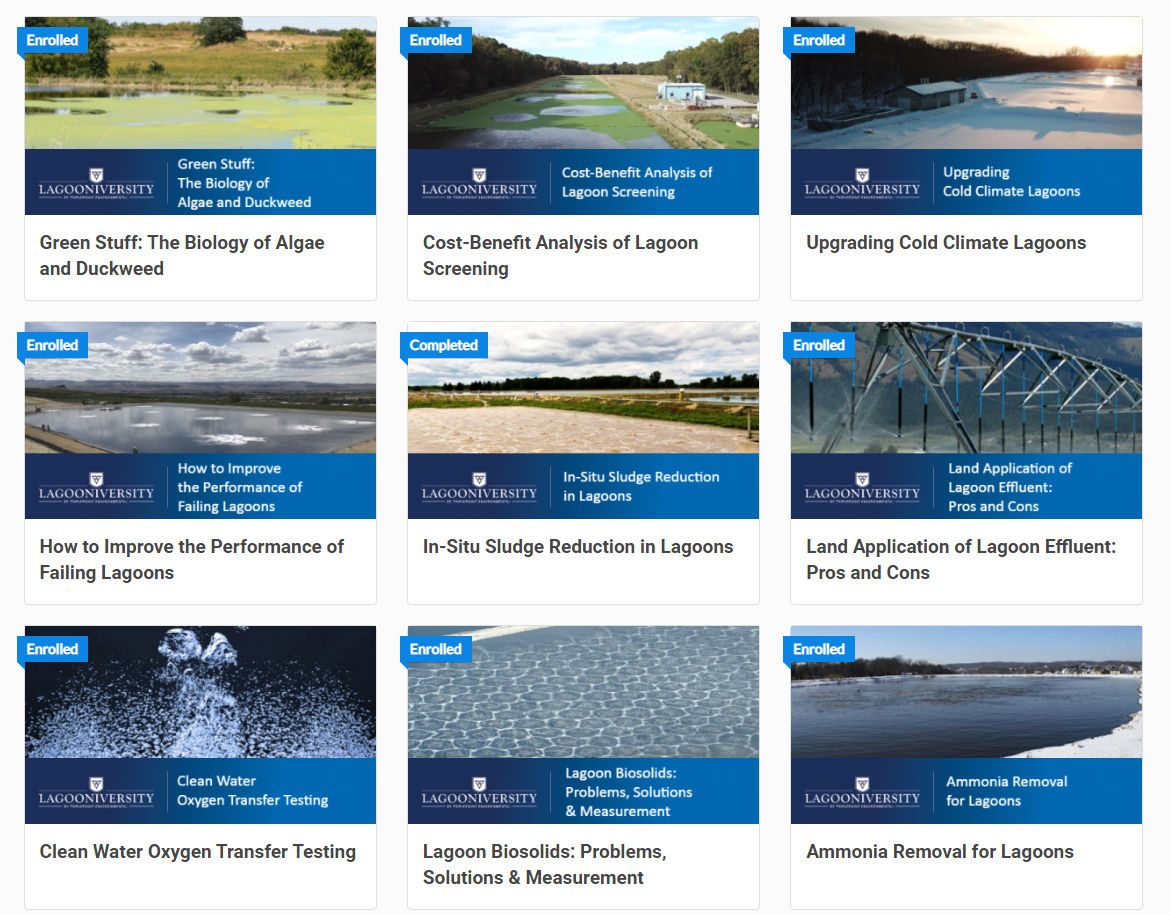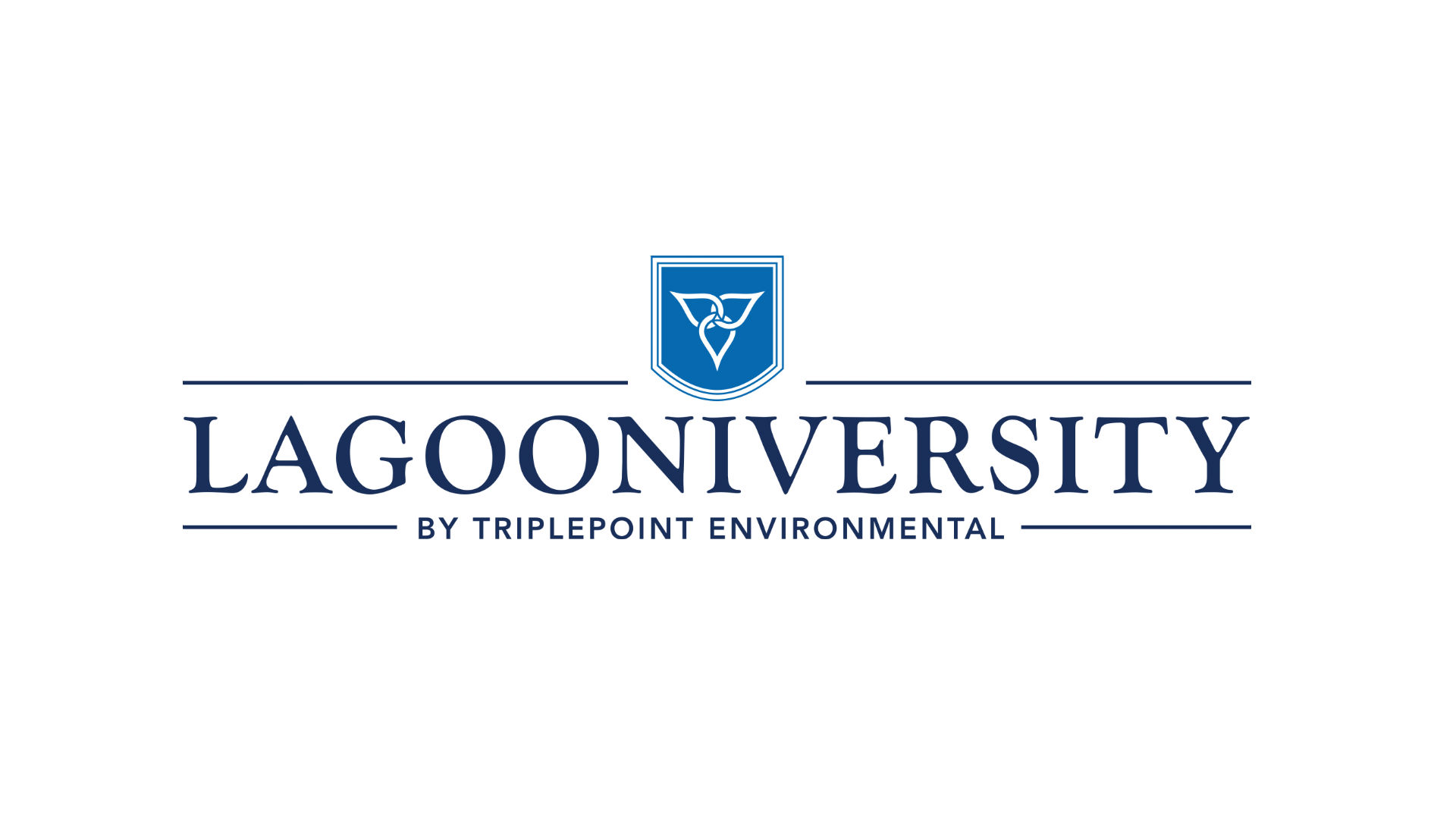
With the cancellation of so many rural water shows and educational opportunities due to COVID, we knew many of you would be struggling to meet your CEU and PDH requirements.
That’s why we created Lagooniversity.com—to make our lagoon training webinars available for free continuing education credit, at your convenience.
Each of our ten one-hour courses will enhance your understanding of lagoon-based wastewater treatment, providing knowledge that will help you optimize the performance of your system.

Available courses for free wastewater CEUs
Green Stuff: the Biology of Algae and Duckweed
This webinar will review the types of algae and duckweed, their similarities and differences, and what their presence reveals about lagoon conditions. You’ll learn how algae and duckweed affect treatment and how to solve effluent BOD and TSS problems; when the green stuff should be removed; and methods for mitigation.
Cost-Benefit Analysis of Lagoon Screening
Adding headworks screening to a lagoon can prevent ragging, improve lagoon performance, protect equipment, and reduce the frequency and cost of sludge removal. Learn the pros and cons of various screening options and see how adding lagoon screening can save tens of thousands of dollars over the life of your lagoon system.
Upgrading Cold Climate Lagoons
Water temperature affects virtually every aspect of wastewater lagoon performance. This webinar outlines the effects of cold temperature on lagoon kinetic treatment rates, including oxygen transfer efficiency and ammonia-nitrogen removal; and reveals how to design lagoon infrastructure to withstand cold weather conditions.
How to Improve the Performance of Failing Lagoons
Tom Daugherty, a Triplepoint lagoon specialist and certified wastewater operator, shares ways to improve the performance of failing lagoons—everything from low-cost, low-tech tips and tricks to total rehab, with case studies.
In-Situ Sludge Reduction in Lagoons
This webinar will discuss methods of reducing lagoon sludge in place to mitigate the need for expensive and disruptive dredging. It will cover the problems excess sludge accumulation can cause; how to measure sludge and calculate sludge volume; low-tech methods of in-situ sludge reduction; bioaugmentation; and how aeration and mixing can provide sludge reduction benefits while improving energy efficiency.
Land Application of Lagoon Effluent: Pros and Cons
Lagoon specialist Patrick Hill discusses methods of land application, pros and cons of land application of lagoon effluent, and its suitability as a treatment option for meeting lagoon ammonia limits.
Clean Water Oxygen Transfer Testing
This webinar examines the ASCE Standard for the Measurement of Oxygen Transfer in Clean Water and its role in determining lagoon aeration efficiency. We’ll cover why and how the test is performed and its relevance in aeration system design. You’ll also learn how to apply a critical eye to manufacturers’ efficiency claims.
Lagoon Biosolids: Problems, Solutions & Measurement
The course covers the problems associated with excess biosolids build-up in lagoons and its effect on lagoon operation and permit compliance. It gives detailed instructions on how to test the sludge blanket in a lagoon and an overview of the strategies available to remove or remediate problematic biosolids.
Ammonia Removal for Lagoons
This 60 minute webinar presents an overview of the lagoon ammonia removal process and an evaluation of options to achieve compliance.
Lagoon Microbiology: Meet Your Bugs
A close-up examination of the workhorses of biological wastewater treatment. Learn how to use wet testing for diagnosis and process control.
Preapproved in many states
All our Lagooniversity courses have been PREAPPROVED for CEU credit in the following states: Alaska, Arizona, California, Colorado, Idaho, Illinois, Indiana, Louisiana, Maine, Missouri, Montana, New Hampshire, New Mexico, Ohio, South Dakota, Vermont, and Wyoming. The microbiology webinar is also preapproved for CEU credit in Iowa and Oregon. All courses are eligible for CEU credit in states that don’t require preapproval, and for PDH hours. Please note that some states will not accept online CEUs—check with your local regulatory agency.
It’s easy to earn free wastewater CEUs
Visit the site: lagooniversity.com. Register and verify your account. Select a course, then scroll to the bottom of the page to access the lesson under Course Content. Following the webinar, you will be prompted to complete the quiz. Passing the quiz will generate a certificate of completion you can submit to your state for CEU/PDH credit.


